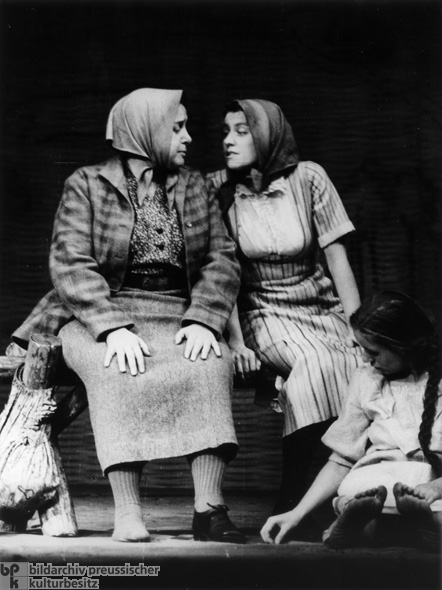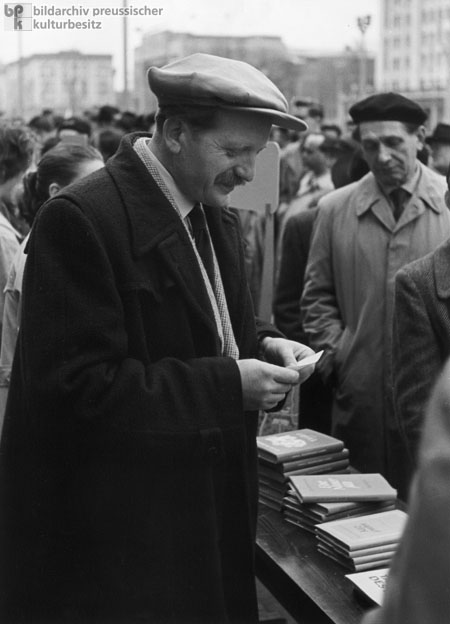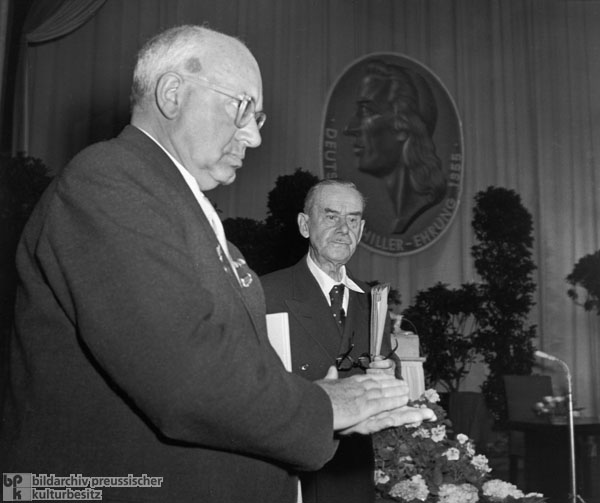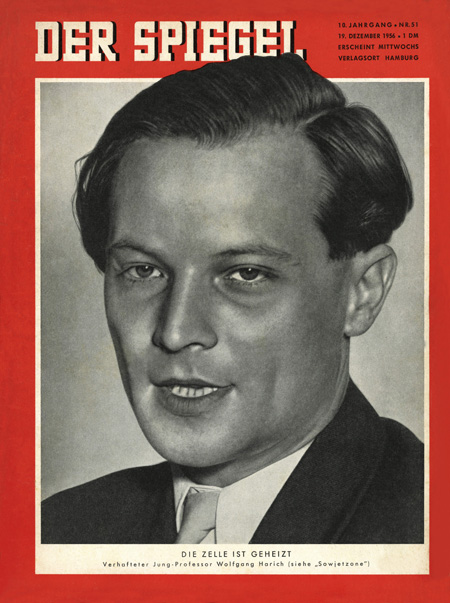













INTRODUCTION | DOCUMENTS | IMAGES | MAPS | EDITOR
|
Images - Culture: Appropriate Expressions in East Germany
|
||||||||||||||||||||||||
 return to chapter list
return to chapter list
![The People's House of Culture [<i>Volks-Kulturhaus</i>] in Letschin (July 1, 1953)](/images/30008197 Volks Kulturhaus.jpg)



